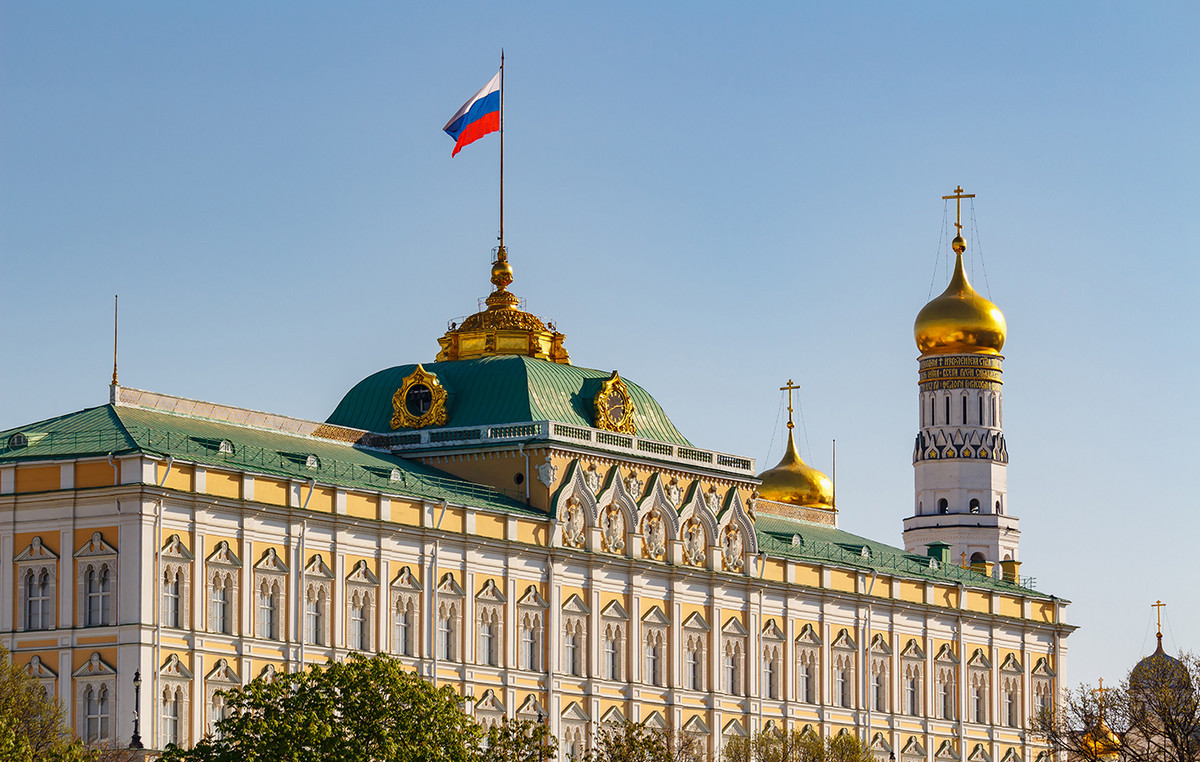What kind of enemy did you fight in your nightmares as a child? Mine had no shape, no voice, no smell or taste, but it could crawl under my skin and eat me from within.
Since I was 10 years old, when I came across a book on the aftermath of the Chornobyl* nuclear disaster, I’ve had regular nightmares about radiation poisoning. My best friend and writing partner had to suffer through my interpretations of these nightmares in prose and verse throughout our school years.
Growing up in Zaporizhzhia, the city in southeastern Ukraine, some 50 kilometers from Europe’s largest nuclear power plant – now the site of Russian bombing and growing fears of nuclear disaster – we were no strangers to atomic anxiety.
After all, the Chornobyl catastrophe, which had happened just two years before I was born, appeared regularly in the school curriculum.
Textbooks aside, my aunt was among the Soviet citizens who unknowingly marched through central Kiev during the May 1, 1986 parade, while some 110 kilometers to the north, Reactor 4 at Chornobyl was blasting radiation into the sky. .
As the western world mourns the death of Mikhail Gorbachev, Ukrainians remember the last Soviet ruler for those festivities in Kiev, which was already facing radiation, and his cover-up for Chornobyl.
In our final year at school, we took a trip to Enerhodar, a small town that is home to the Zaporizhzhia nuclear power plant. I was secretly disappointed in the station’s orderly monotony.
During the 2000s, the International Atomic Energy Agency (IAEA) ranked the plant as one of the best managed in the world.
The plant looked tidy, well-organized, as did the thousands of employees in charge of its six nuclear reactors. My strongest memory of that trip was the bus breaking up in the fields on the way home.
Now, two decades later, these camps are on fire, my hometown is in the grip of war, and the good people at the Zaporizhzhia nuclear power plant have been taken hostage by the invaders and work under enormous physical and psychological pressures.

I wonder how organized the plant is, with nearly 50 items of military equipment stored at the site from where the Russians regularly bomb the Ukrainian city of Nikopol, launching up to 120 rockets a night.
I doubt the IAEA commission inspecting the station will ever rank it among the safest in the world again.
The Russian army captured the Zaporizhzhia nuclear power plant in March, with officials operating at gunpoint. This happened on a rare night spent alone in a rented apartment in Lviv.
During those first weeks of the full-scale invasion, it was normal to share accommodation with many friends and strangers: Ukrainians from the east, south and north of the country were moving westward, fleeing invading troops and bombing.
Among them were my parents who had just left for Germany. My best friend, the faithful reader of my nuclear-inspired written outbursts as a teenager, was leaving Zaporizhzhia on her way to Lviv along with her young family.
A news alert woke me up after half an hour of anxious sleep. I watched a video of the Russian military bombing the nuclear power plant that had cast a shadow over my childhood.
In my nightmares, people were smarter than that. This wasn’t a dream. The reality turned out to be much more sinister.

The Russian military bombing the reactors could be suicide bombers. Or, they may not have a basic education about the risks of radiation, something an average Ukrainian child knows a lot about.
The same lack of knowledge was displayed in the invaders’ decision to dig trenches in the Red Forest during their aborted mission in Kiev. Situated in the heart of the Chornobyl Exclusion Zone, the forest is one of the most contaminated nuclear sites in the world. It is impossible to imagine a Ukrainian disturbing this graveyard of radioactive waste.
The Chornobyl tragedy is part of collective memory in Ukraine. She infiltrated national literature and pushed politics.
Documenting the experience of survivors, Ukrainian writers such as Ivan Drach and Volodymyr Yavorivskyi became anti-nuclear activists, founded grassroots political organizations and campaigned for our independence from Moscow – which allowed the worst nuclear disaster in history to occur on Ukrainian soil and minimized the consequences. .
Indeed, the Kremlin’s cover-up of the disaster became a powerful cause that allowed environmentalists and Ukrainian dissidents to shake the foundations of Soviet rule.
Five years after the catastrophe, the Ukrainians withdrew from the Soviet Union. The independence of the modern Ukrainian state has a nuclear birthmark. This political association makes nuclear power the subject of remembrance in Ukraine – and the site of amnesia in Russia.
In March, I hugged my best friend who was about to cross the border and seek safety for her children in Western Europe. As a souvenir, I gave her my favorite poetry book. It is with words and arms that Ukrainians are used to fighting their enemies.

In case we faced an enemy that couldn’t be fought either, my friend gave me four iodine pills. I carry your parting gift in my wallet during the six months of Russian nuclear terrorism.
Now my aunt, who 36 years ago was summoned to march under the radioactive cloud of Chornobyl, is one of the villagers lining up for government-distributed iodine in Zaporizhzhia.
If invaders cause a radiation accident at the occupied Zaporizhzhia nuclear power plant, our hometown will likely end up in a new exclusion zone – and the spread of radiation does not cling to zones and borders.
During the eight years that Russia has waged its war against Ukraine, Ukrainians have been warning the international community about the dangers of active fighting in the vicinity of Europe’s biggest nuclear power plant. His warnings went unheeded. The aggressor was appeased.
It is now the task of the international community to return control over objects of civilian nuclear infrastructure in Ukraine to those who treat – with knowledge of history, respect for the past and responsibility for the future – the Ukrainians.
* The writer of this testimonial uses the Ukrainian spelling of Chornobyl.
**Editor’s Note: Sasha Dovzhyk is Curator of Special Projects at the Ukrainian Institute of London and Associate Professor of Ukrainian at the School of Slavic and Eastern European Studies, University College London. She has a PhD in English and Comparative Literature from Birkbeck, University of London. She divides her time between the UK and Ukraine. The opinions expressed in this article are her own.
Source: CNN Brasil
I’m James Harper, a highly experienced and accomplished news writer for World Stock Market. I have been writing in the Politics section of the website for over five years, providing readers with up-to-date and insightful information about current events in politics. My work is widely read and respected by many industry professionals as well as laymen.







